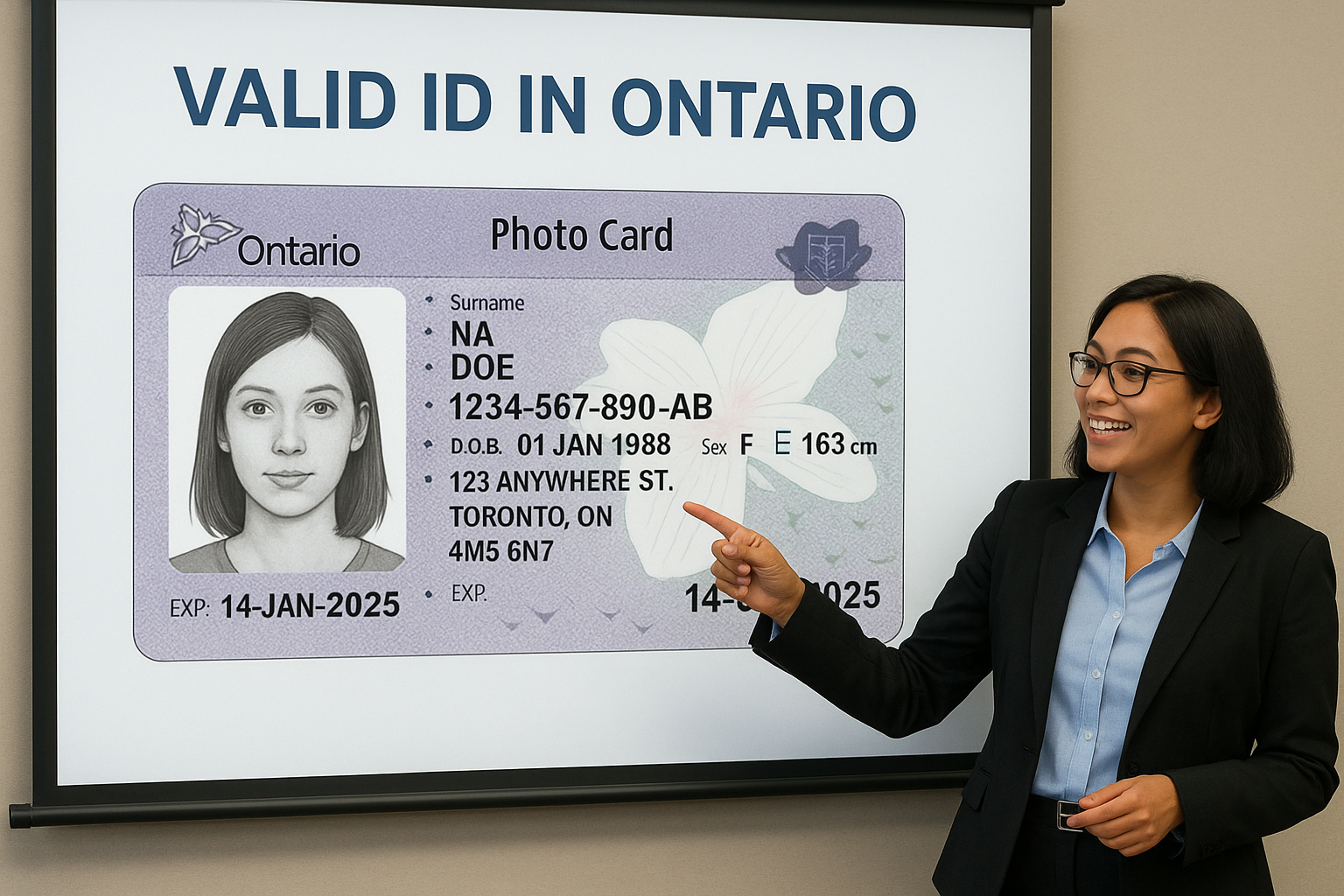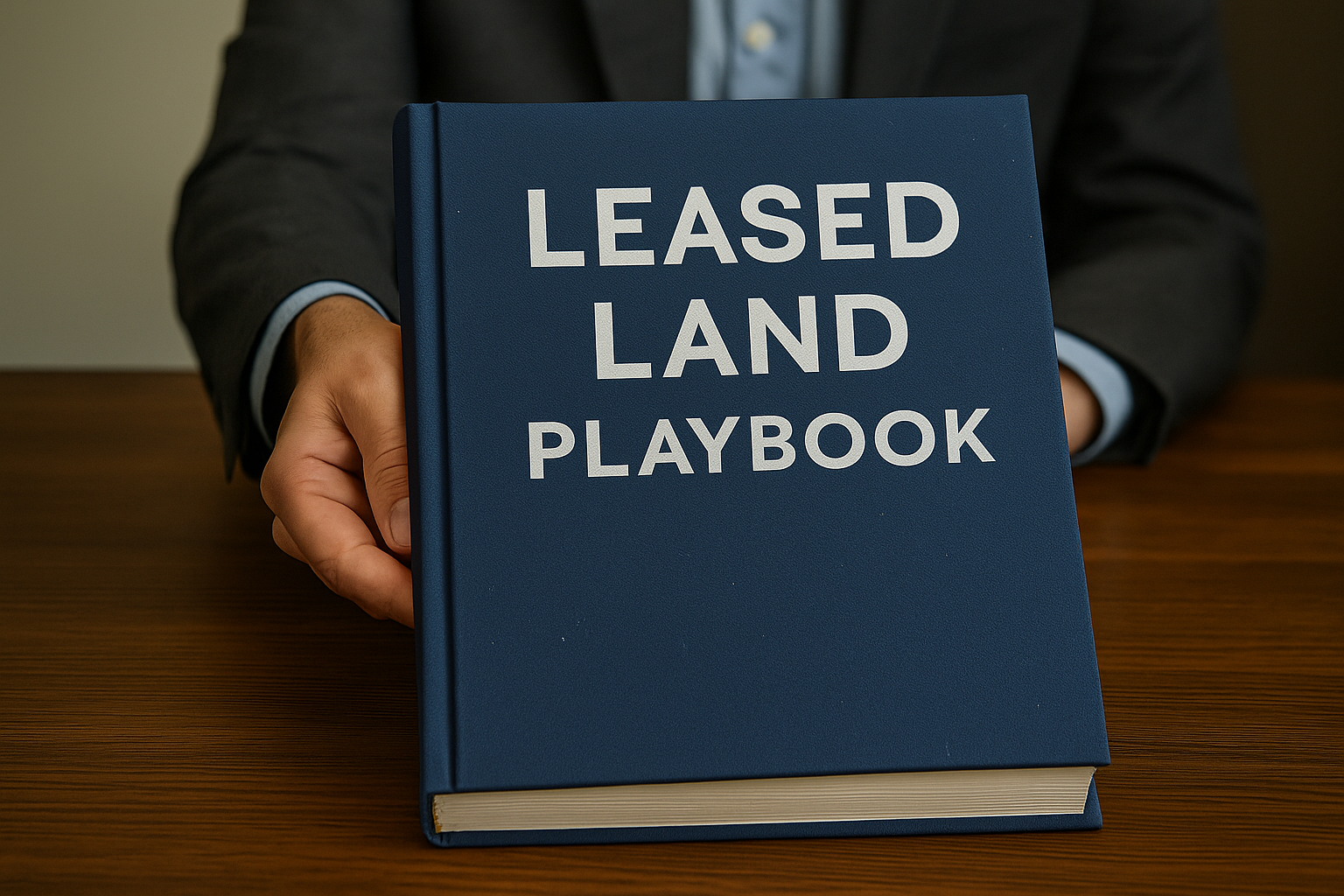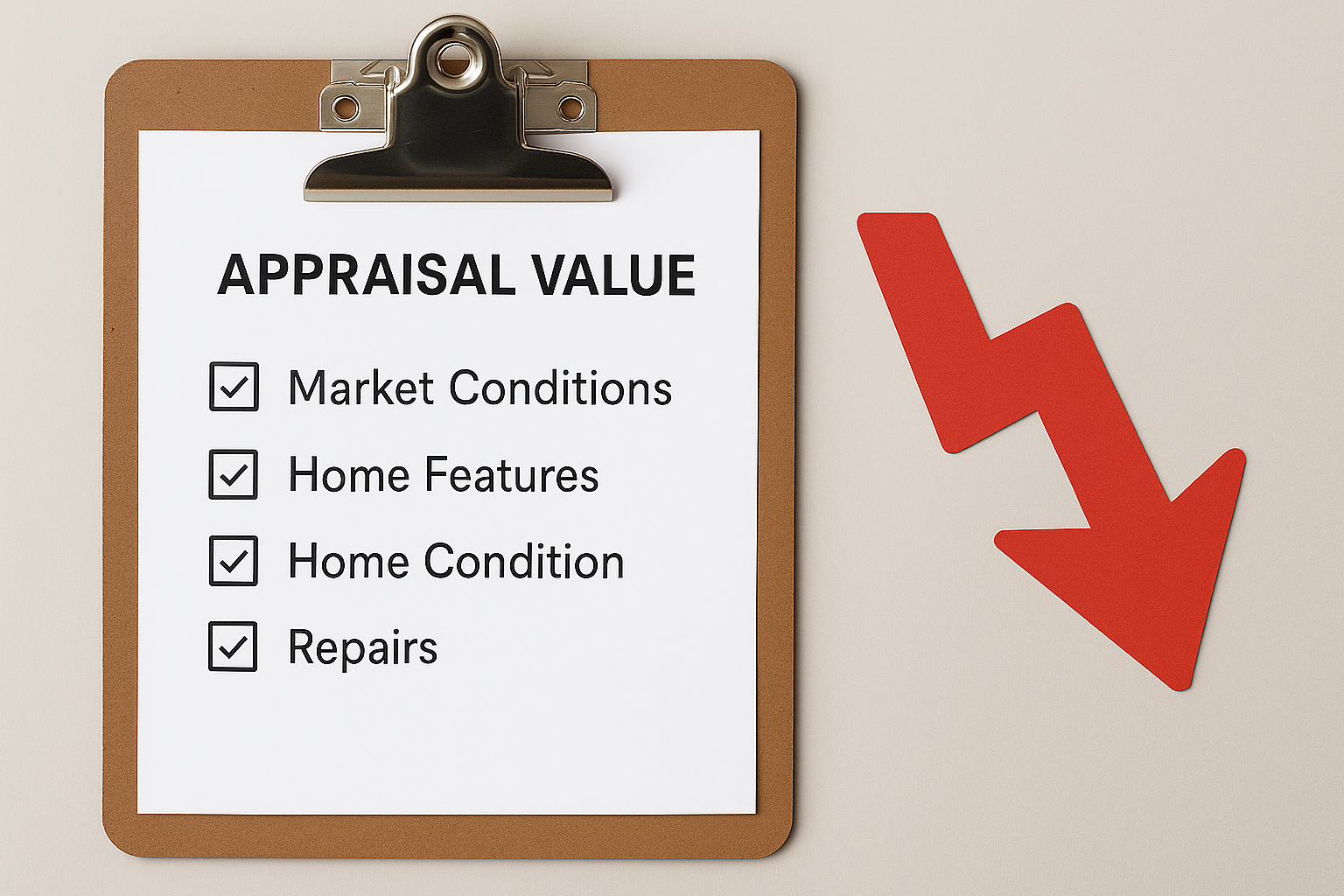Table of Contents
ToggleIntroduction
Understanding the difference between property ownership and title is crucial for homeowners and buyers in Canada. Many assume they are the same, but they serve different legal purposes. Ownership refers to the right to control and use a property, while a title is the legal document proving who owns the property. Knowing how these concepts work can prevent legal disputes and financial issues when buying, selling, or inheriting property.
1. What is Property Ownership?
1.1 Defining Property Ownership
Property ownership refers to the rights a person has over a real estate asset. Owners can use, rent, sell, or transfer their property depending on the type of ownership they hold. These rights are protected under Canadian property law.
1.2 Types of Property Ownership in Canada
- Sole Ownership – A single person holds full ownership and control.
- Joint Tenancy – Two or more owners hold equal shares. If one owner passes away, their share automatically transfers to the surviving owner(s).
- Tenants in Common – Co-owners can have unequal shares and pass their portion to heirs instead of the other owner(s).
- Co-Ownership – Typically seen in investment properties, where multiple individuals share ownership with a formal agreement.
Example:
Sarah and John purchase a home together. If they hold the property as joint tenants, John automatically inherits Sarah’s share if she passes away. If they are tenants in common, Sarah’s share would go to her estate, not John.
2. What is a Title?
2.1 The Legal Role of a Title
A title is the official record that establishes who legally owns a property. It is registered with the provincial land registry, ensuring clarity on legal ownership and responsibilities.
2.2 Title vs. Deed
- Title – The legal right to ownership.
- Deed – The document transferring title from one party to another.
Example:
If you buy a house, the deed is the paper showing the transfer of title. Once recorded with the land registry, you officially hold title to the property.
3. Key Differences Between Ownership and Title
3.1 Legal Rights and Responsibilities
- Ownership grants the right to use and benefit from the property.
- Title legally recognizes who has claim over the property.
3.2 Transferability
- Title must be legally transferred to change ownership.
- Ownership rights can vary based on the type of ownership agreement.
3.3 Implications in Real Estate Transactions
Understanding how title and ownership work can prevent disputes and ensure a smooth property transfer. Mortgage lenders also verify titles before approving loans.
4. Common Issues and Considerations
4.1 Title Defects
A title defect occurs when there are legal complications with a property’s ownership history. Common issues include unpaid taxes, fraud, or errors in registration.
4.2 Title Insurance
Title insurance protects homeowners from unknown title defects, fraud, or legal ownership disputes. It is a one-time purchase that covers legal costs if issues arise.
4.3 Legal Disputes
Misunderstandings about ownership or title can lead to legal battles. Consulting a lawyer before buying property can prevent complications.
Example:
A couple buys a home without verifying the title. Later, they discover an undisclosed lien. Without title insurance, they must pay the debt before selling the property.
5. Case Studies
5.1 Case Study 1: Joint Tenancy vs. Tenants in Common
Two brothers inherit a home. One wants to sell, but the other wants to keep it. Since they are tenants in common, the selling brother can transfer his share without the other’s consent.
5.2 Case Study 2: Title Defect Resolution
A new homeowner finds an old mortgage lien on their title. With title insurance, legal fees are covered to resolve the issue.
Conclusion
Understanding the difference between property ownership and title is essential for homeowners, buyers, and investors. Property ownership grants control and use rights, while title legally establishes ownership. Verifying title before purchasing a property and obtaining title insurance can prevent financial and legal issues.
Disclaimer
This article is for informational purposes only and should not be relied upon as legal advice. None of the examples provided are real-life scenarios. Readers and clients should seek professional legal advice from a licensed real estate lawyer before making any decisions related to property ownership or title in Canada.
FAQ Section
- What is the difference between property ownership and title?
- Ownership refers to the right to control and use a property, while a title legally establishes who owns it.
- Can someone hold title but not own the property?
- Yes. A person can be on the title but not be the beneficial owner if they hold it in trust for another.
- What happens if there is a title defect?
- The property sale could be delayed, or legal action may be required to clear the title.
- Is title insurance mandatory in Canada?
- No, but it is highly recommended to protect against fraud, liens, and title defects.
- Do I need a lawyer for title transfer?
- Yes. A lawyer ensures proper registration and verifies the title is clear.
- Leased Land Mortgages in Ontario: How to Qualify and What to Expect - June 30, 2025
- Hard Money Mortgage Lending in Canada: A Homeowner’s Guide - June 9, 2025
- What is Home Equity and How Does It Work? Learn More 2025 - June 6, 2025






